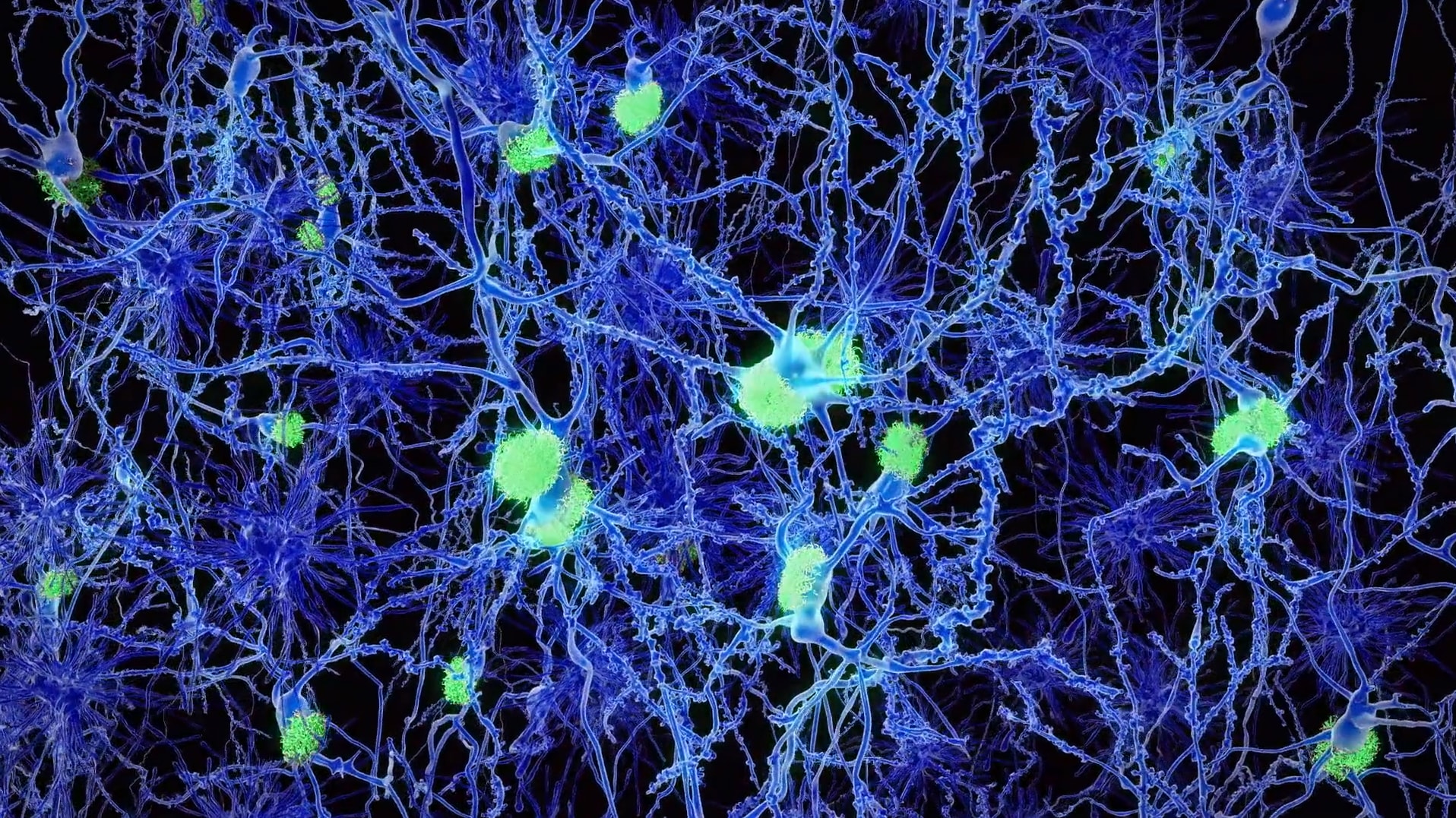Upon neuronal death associated with aging from Alzheimer’s disease, only some neurons degenerate and die off. New research in Nature Neuroscience attempts to explain why only some neurons result in death while others are unaffected.
“Selective neurodegeneration is a critical causal factor in Alzheimer’s disease (AD); however, the mechanisms that lead some neurons to perish, whereas others remain resilient, are unknown,” the study reads.
“We sought potential drivers of this selective vulnerability using single-nucleus RNA sequencing and discovered that ApoE expression level is a substantial driver of neuronal variability.”
According to the study, a team of researchers with Gladstone Institutes released their evidence on how neurons with heightened levels of apolipoprotein E (apoE) are more vulnerable to degeneration.
The study’s senior author concluded in a news release, “This is the first time such a link has been established, which is quite exciting and could open new paths to developing treatments for Alzheimer’s disease.”
The study was authored by Kelly A. Zalocusky, Ramsey Najm, Alice L. Taubes, Yanxia Hao, Seo Yeon Yoon, Nicole Koutsodendris, Maxine R. Nelson, Antara Rao, David A. Bennett, Jason Bant, Dah-eun J. Amornkul, Qin Xu, Alice An, Olga Cisne-Thomson, and Yadong Huang.


